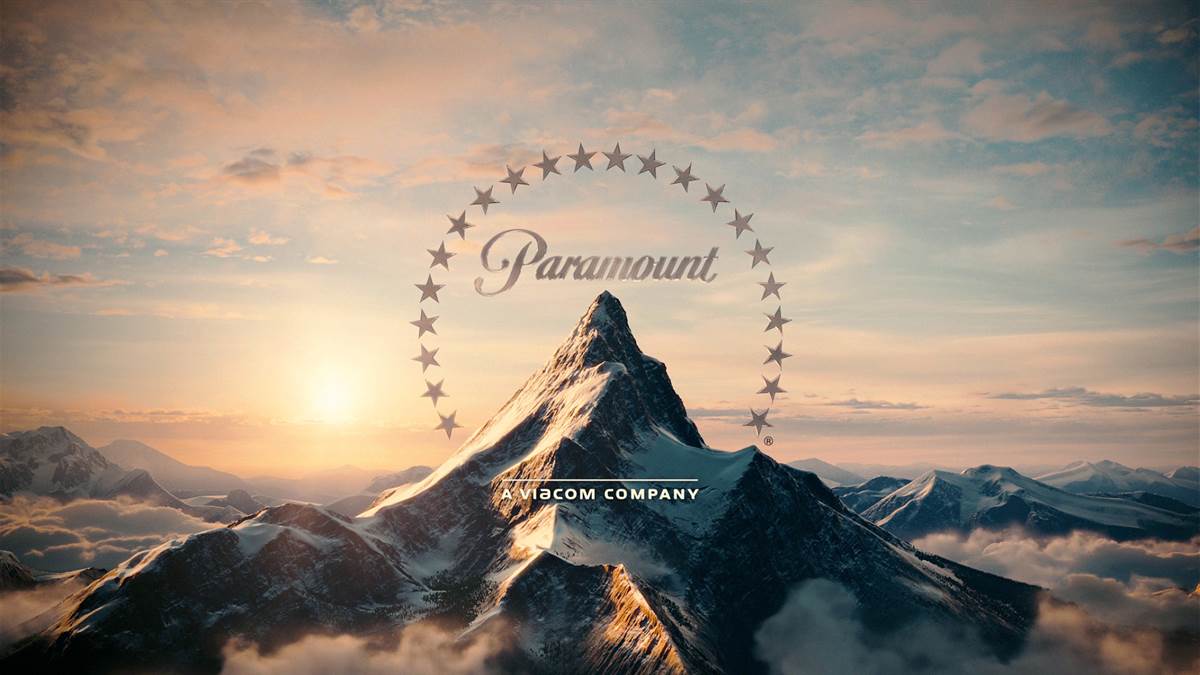
Over the past 18 months, employees at Paramount Global have endured an unrelenting cycle of corporate uncertainty, mass layoffs, and existential questions about the future of the iconic media conglomerate. And despite a long-awaited green light from the Federal Communications Commission (FCC), the merger between Paramount and Skydance Media offers little immediate clarity, only more questions about what comes next.
Talks of a merger between Skydance Media and Paramount began in late 2023 and quickly became a dramatic, on-again, off-again affair. In July 2024, the two sides announced that they had reached a definitive agreement to merge. But that was just the beginning of a regulatory and political gauntlet that extended into the summer of 2025.
It wasn't until Thursday that the FCC finally approved the deal - a process widely described as politically charged and deeply controversial. Paramount was accused by critics of appeasing the Trump administration in an effort to smooth the path to approval. A particularly explosive allegation involved a $16 million settlement payment made by the company to resolve a lawsuit targeting its flagship news program, 60 Minutes. Legal experts dismissed the case as meritless, but the sizable settlement raised eyebrows.
Adding further fuel to the fire was CBS's abrupt cancellation of The Late Show With Stephen Colbert, announced just a week before the FCC's decision. To many observers, the timing was more than coincidental, especially after former President Trump publicly gloated, saying,
"I absolutely love that Colbert got fired."
In response, Colbert didn't mince words, delivering an on-air "f-bomb" directed at the former president. CBS, for its part, insisted the move was "purely a financial decision."
As part of its commitment to win regulatory approval, Skydance made several pledges that critics say amount to editorial interference and political appeasement. The company vowed to eliminate all diversity, equity, and inclusion (DEI) initiatives at Paramount - and guaranteed that such programs would not be reinstated under the new corporate structure.
Additionally, Skydance agreed to establish an ombudsman position at CBS, tasked with monitoring and addressing complaints of "bias" in news and entertainment programming. This unprecedented concession drew fierce criticism from FCC Commissioner Anna Gomez, the sole Democrat on the panel, who warned that it could represent
"the Trump administration imposing never-before-seen controls over newsroom decisions and editorial judgment, in direct violation of the First Amendment and the law."
Even before the FCC gave its approval, Paramount Global — parent to CBS, Paramount Pictures, Paramount+, Pluto TV, MTV, Comedy Central, BET, and more — had already endured several waves of cost-cutting. Those efforts included multiple rounds of layoffs that hit thousands of employees.
According to Paramount's 2024 annual filing, the company employed around 18,600 full- and part-time workers globally, a steep drop from 24,500 two years earlier. In the past year alone, the company slashed 15% of its U.S. workforce — around 2,000 jobs — followed by another 3.5% reduction just last month, affecting hundreds more.
And yet, that may be only the beginning.
Jeff Shell, the former NBCUniversal CEO tapped to become president of the newly formed Paramount Skydance Corp., told investors in July 2024 that his team, in conjunction with consultants at Bain & Co., had identified at least $2 billion in potential annualized cost savings once the companies fully combine operations.
"We know that linear is challenged and declining. We like these businesses, particularly CBS. We think it is a very, very, very strong business with more reach than any other business… However, I think a lot of us in the business know, we got to run these businesses in a different way as they decline,"
Shell said, referencing the traditional broadcast and cable TV business.
Although Shell stopped short of explicitly mentioning job cuts, industry insiders and labor analysts say that reaching $2 billion in savings will almost certainly involve further workforce reductions. Even subtracting the $500 million already cut under the current leadership — a plan executed by the trio of Paramount co-CEOs George Cheeks, Brian Robbins, and Chris McCarthy — the scale of savings still suggests more layoffs, potentially numbering in the thousands.
Leadership changes are already in motion. Chris McCarthy, currently head of Showtime & MTV Entertainment Studios and Paramount Media Networks, is expected to depart once the merger closes. Brian Robbins, chief of Paramount Pictures, is also widely expected to exit. George Cheeks, CEO of CBS, is anticipated to remain with the company, though his long-term role remains unclear.
Meanwhile, Skydance itself — which lists just over 500 employees on its corporate website — is preparing for a significant expansion in both size and responsibility. Backed by RedBird Capital and other private equity players, Skydance plans to inject $1.5 billion in fresh capital into the newly merged entity. However, that money is earmarked primarily for reducing Paramount's long-term debt, which stood at $14.16 billion as of Q1 2025.
The silence from Paramount and Skydance has only added to the air of anxiety and confusion. As of Friday morning, neither company had released a detailed public roadmap for what the merger will mean in practical terms, including when it's expected to close or how restructuring will be managed.
Analysts say that silence won't last long.
"Now that the long, drawn-out sale process is finally nearing its end, Skydance leadership is poised to take control. With that, the real work begins — rebuilding Paramount, addressing the critical strategic questions ahead, and charting a path toward a more sustainable and competitive future,"
MoffettNathanson analyst Robert Fishman wrote in a note to clients Thursday.
For Paramount's employees, however, that "real work" may first involve surviving another round of corporate upheaval. With the fate of thousands of jobs hanging in the balance, and fundamental changes to the company's culture and editorial independence potentially on the horizon, many are wondering whether the Paramount that emerges on the other side of this merger will resemble the storied institution they've known — or something entirely new.
Tags: paramount, paramount global, skydance
